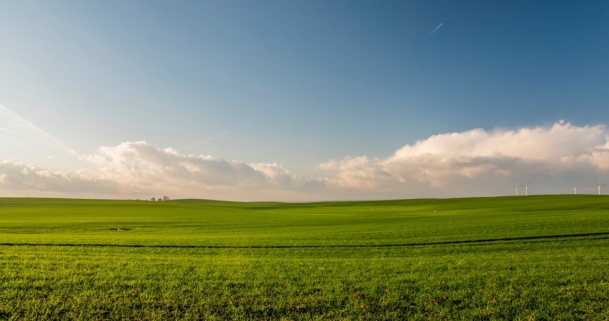Buy Beware! 5 Things to Consider When Buying Vacant Land
Vacant land seems like it would be a very straightforward deal when it comes to real estate. Without an established structure you don’t have to worry about the condition of a foundation, what a home inspector will find, and you get to make all design choices yourself, but whether you’re looking for a spot to build your dream home home, you want acres of hunting land, or you have dreams of harvesting lumber from an established forest there are a variety of considerations that need to be made.
1. Zoning
Depending on where the land you’re interested in is located, you may run into issues with zoning. While some zoning laws are pretty laissez-faire (Houston, we’re looking at you!) there are others that are very strict as to what can be done on the land. If you have dreams of having a dog kennel or in-home daycare or any other home-based business, you’ll want to make sure that unexpected issues won’t arise from this after you close. Keep in mind that both the county and the city may have zoning rules in place.
2. Plot Lines
If you’re interested in a vacant parcel because of a certain feature– water frontage, mature fruit trees, anything– you’ll want to make sure it’s actually on your property. Without houses, fences, or a well-staked property, it can be hard to determine what would be yours and what would be your neighbors and that’s not something you want to learn after putting in an offer.
3. Land Type
When you think you’ve found the perfect piece of land, you can develop a blind spot over the weaknesses of the property. Sure, it seems perfect to tuck your home back from the road, but will the driveway cross through protected wetlands? Your dreams of a cozy basement can easily be derailed by silty or sandy soil, would you be okay if it doesn’t work out?
4. Weather/Seasonal/Nature Factors
If you’ve lived in the area where you’re planning to buy, you may know some things to look out for. While most things can be fixed with proper grading or covered with the right insurance, if you’re not planning (or budgeted) to make changes, you may need to pick a new spot. For the Midwest, you’ll want to watch out for what drainage will look like after the snow melts. For the coasts you’ll want to consider the floodplain and in the mountains you should watch the topography.
5. Accessibility
You’ll want to know exactly what you can expect for buying this particular piece of land. Is it already prepped for sewer/water/electric? Can you drill a well if need be? Do you have a plan and/or budget for any of the above if the answer is no? You’ll also want to be sure that you can access the land you purchase. Believe it or not, there are thousands of properties across the U.S. that have no road access whatsoever because they are completely landlocked by other private properties. In cases like this, you can generally legally establish an easement, meaning a neighbor will grant you access to your property through theirs (usually via access road or driveway), but it’s something that you may have to pay extra for and will definitely want in writing.
Keep in mind, these are just some of the considerations when purchasing vacant property. To protect yourself you should always do your due diligence and start with a clear vision of what you’re looking for. It also may be a good idea seek out a licensed real estate agent for help if you need advice.

